When Energy Flows Both Ways
What the New Work Environment Has to Do with Our Own Learning
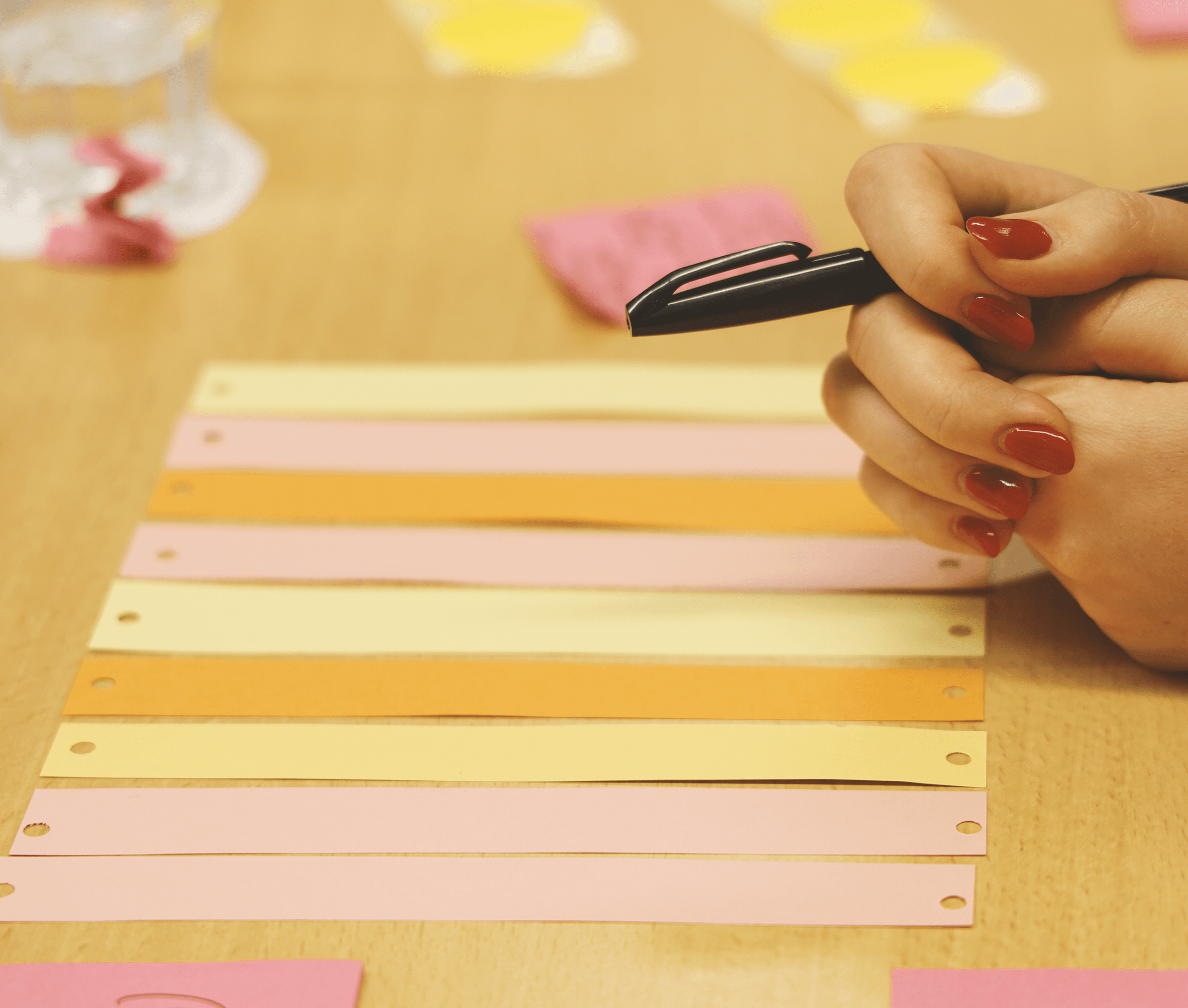
Energy doesn't just flow into our project work but also engages us beyond that. On our journey as a learning organization, we invest a lot of energy into our own development. Personal learning plays a significant role: it helps us navigate the new work environment autonomously and ensures that we, as a company, are constantly evolving. But how do we support this ongoing change?
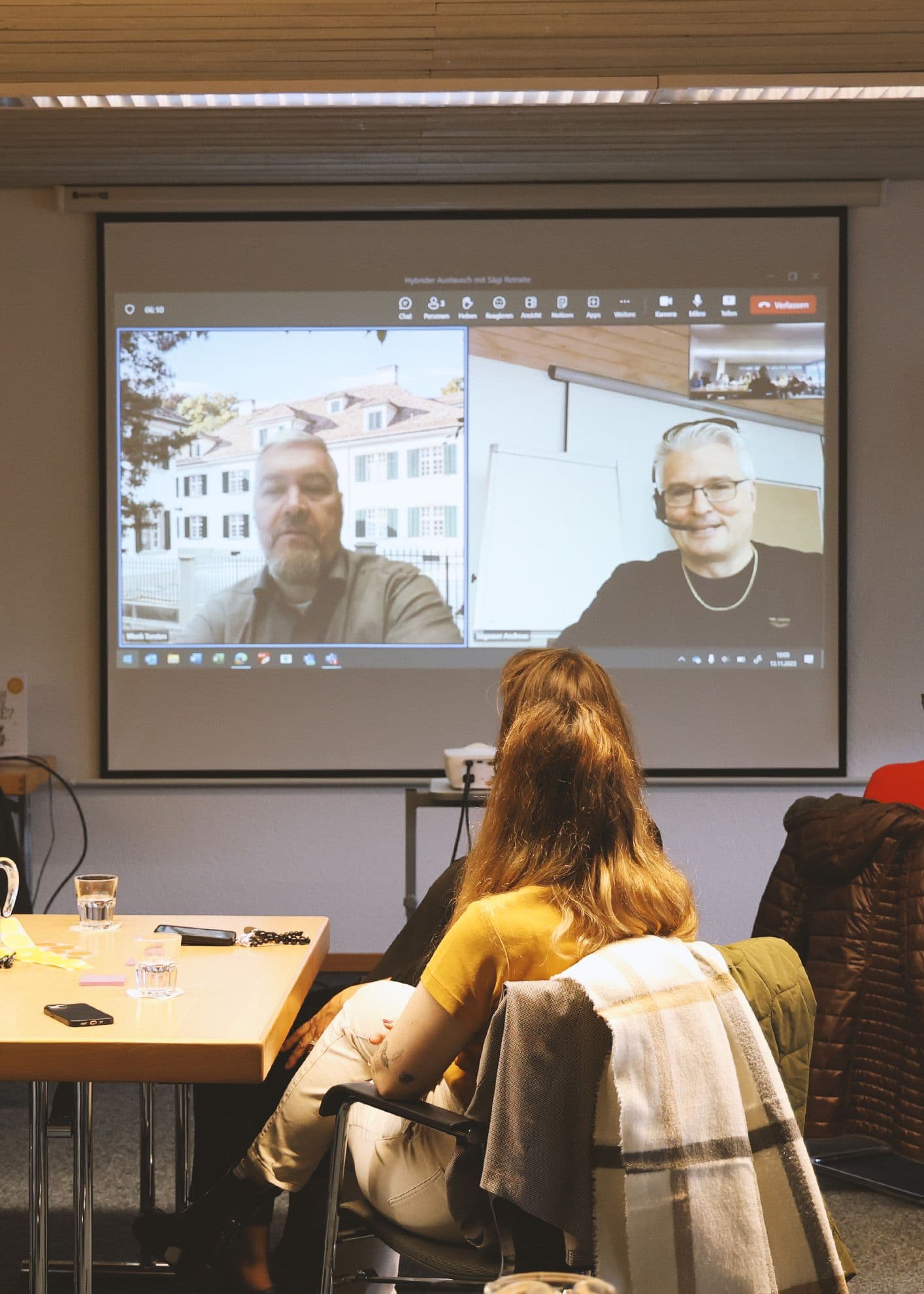
New Tools Are in Demand
We first travel to Amsterdam. Léonie S. Mollet, organizational developer at TBF and lecturer at the Lucerne University of Applied Sciences and Arts - School of Business, accompanied prospective HR and organizational developers on their study trip on the topic of innovation in autumn 2023. What made it special: the focus was not on the theoretical approach through specialized knowledge or methods, but on self-exploration. Self-reflection instead of cramming. The students learned a lot about themselves: how they approach questions, how they break free from previous thinking and behavioral patterns – and how we can create safe spaces for ourselves and others to do so.
Particularly striking for Léonie was a statement made by a student on the last day: ”I'm afraid that I am now prepared for a working world that doesn't even exist yet.” What does this have to do with TBF? We explore together every day how this new ”learning” work environment could look like in practice.
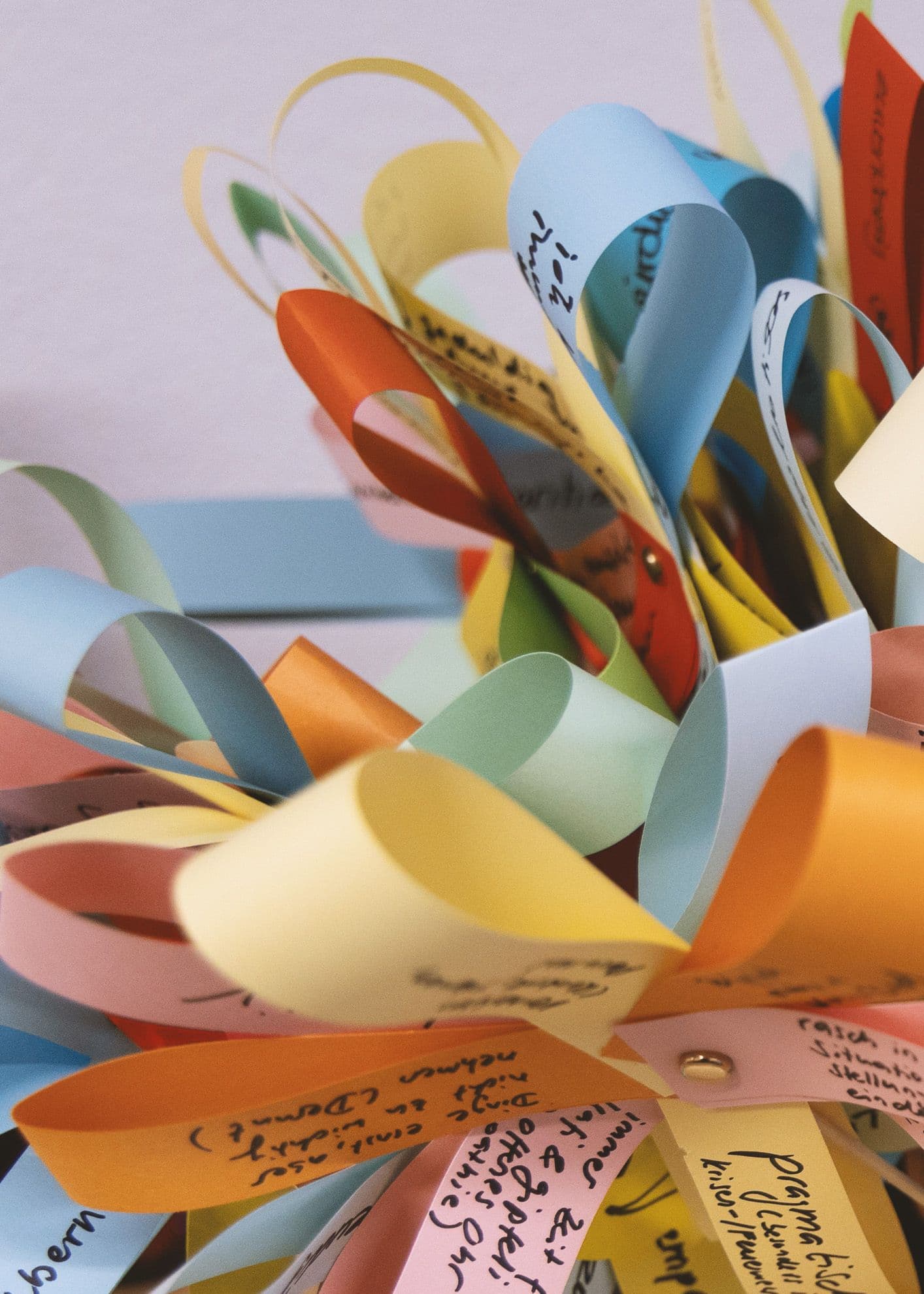
Learning Keeps Us Dynamic
For us, learning means equally engaging with familiar or unfamiliar things with an open mind and getting to know oneself better in the process. Learning also involves taking responsibility for oneself and one's actions. Expertise or experience does not lose their importance in this context. On the contrary, learning ensures that we can question, share, and connect our knowledge so that we remain ”competent”.
The specialized knowledge and methods are changing at an ever faster pace. Personal learning helps us quickly build the necessary competencies and apply them situationally. At the same time, we cultivate an attitude that allows us not only to endure this constant change but also to trust in it. And that's precisely where the challenge lies!
Flexibilization vs. Clarity
Sometimes it seems to us as if we are in an ”intermediate stage”: We have understood that rigid external structures constrain us in this constant process of learning. For example, we gradually dismantle hierarchical structures to replace them with agile networks where we operate based on our strengths. However, merely dismantling external structures is not enough. Because structures are not inherently bad: they support us, give us a sense of control and security. They provide a constant on which we can rely. When they disappear, we quickly feel abandoned and overwhelmed - instead of releasing energy, we end up in a kind of vacuum.
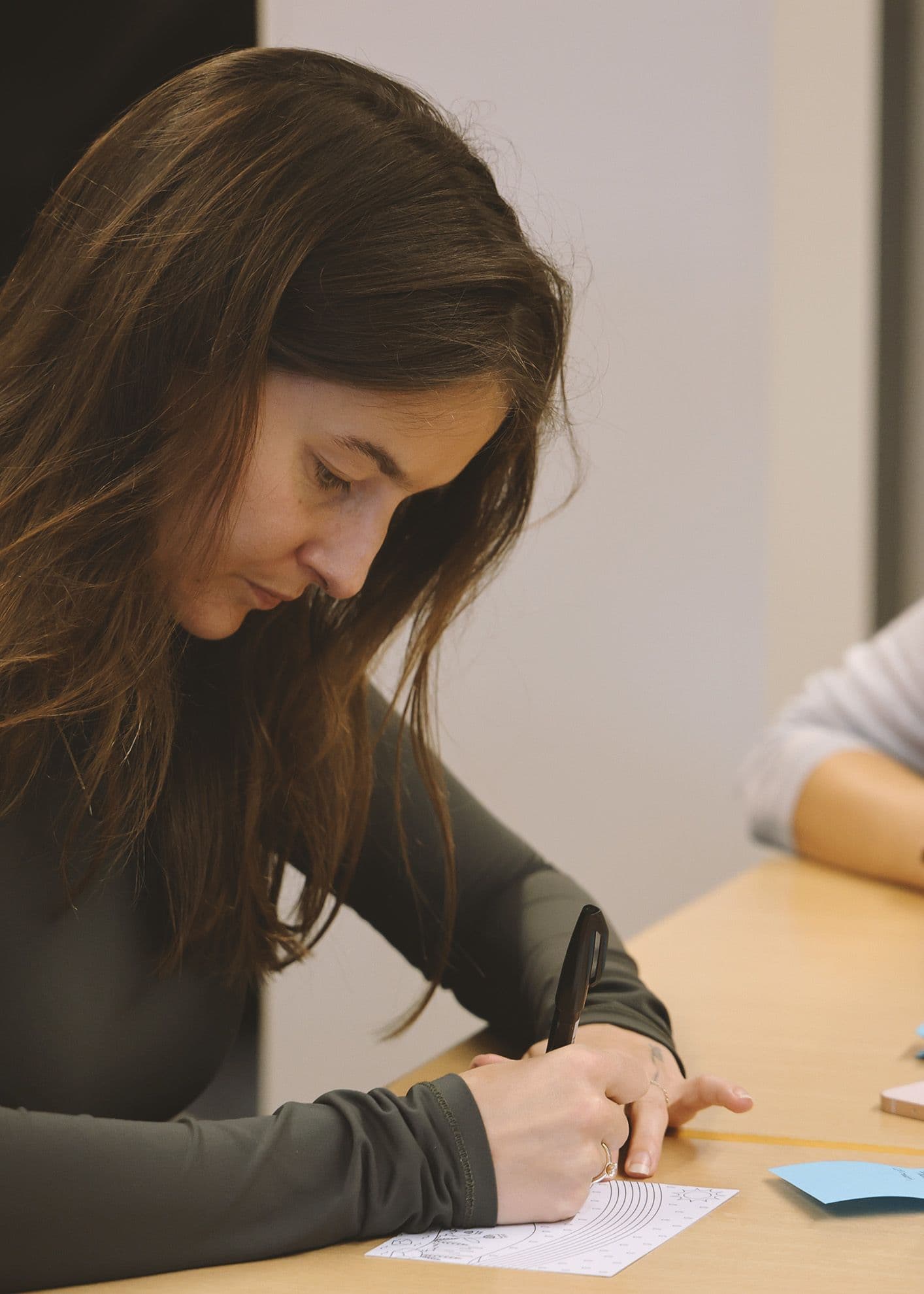
“Learning to set my own boundaries is a challenging but necessary challenge for personal growth.”
At TBF, the flexibilization and dissolution of rigid structures have been underway for several years. Examples of this can be found in physical space (such as the dissolution of fixed workspaces), our entrepreneurial guidelines (such as anchoring flexible working models in employment contracts), or the development of various internal networks. The latter enable professional exchange, foster identity, or empower decentralized, rapid decision-making processes. We also notice among our clients and partners that they increasingly question clear structures - because, for example, it shortens decision-making paths and allows us to respond more quickly to changing needs. This process can be incredibly energizing, but only if we manage to navigate without the previous clarity.

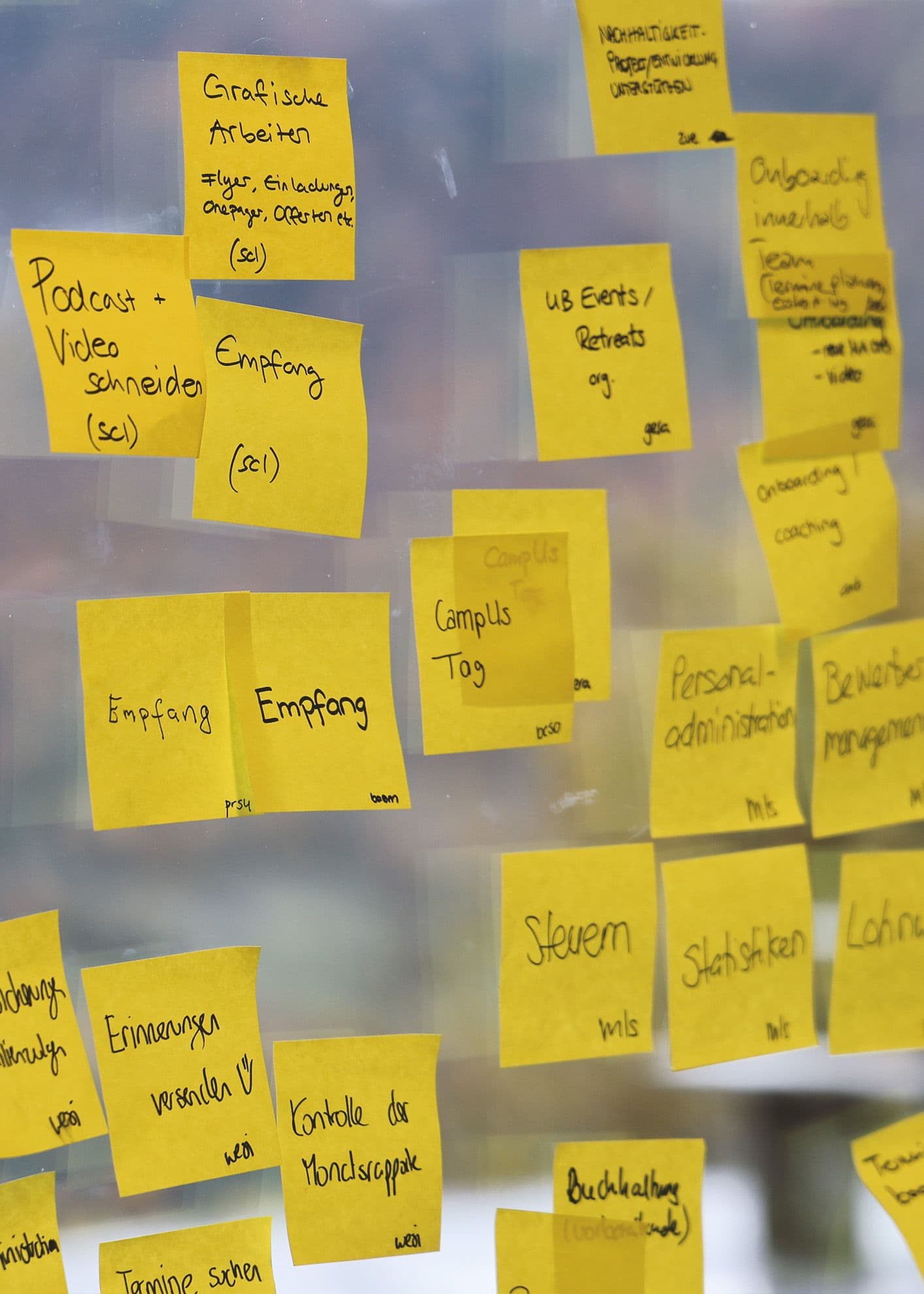
New Structure Emerges
The dismantling of one structure thus seems to require the establishment of another - namely, a structure within. And how can we support this? Here, we can draw a connection back to the study week in Amsterdam: It was primarily about the ”craftsmanship” for this new work environment - the work on oneself. We can build internal structures when we reflect on ourselves. When we know ourselves, we can meaningfully contribute ourselves and our strengths. We take responsibility for ourselves, enable the experience of self-efficacy and independence. The security we once sought externally, we now give ourselves internally. And with this attitude, we are also open to new things and to exchanging with others. And yes: Of course, this requires courage and an environment that allows precisely that.
To support this individual process, we have experimented with various learning formats in recent years - constantly striving to make learning as close to (work) everyday life as possible. Individual learning is the starting point for us, so that collective learning becomes possible later on.
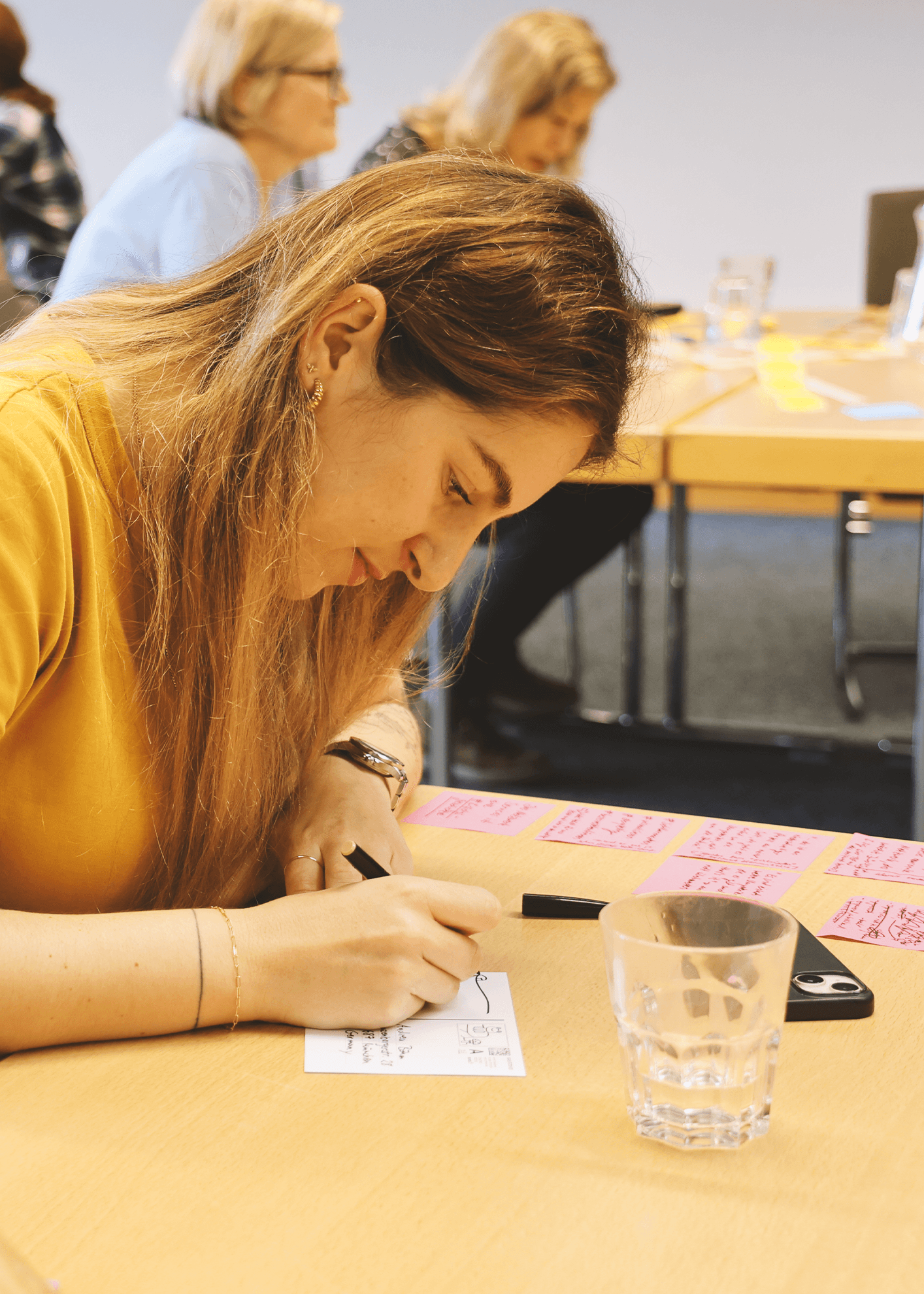
“Personal growth requires courage.”
Léonie S. Mollet, Organizational developer and lecturer
What are you proud of?
It touches me that we give so much space to this development of personal learning and dare to take new paths. Not only internally, but also in collaboration with our clients and partners.
What fascinates you about this development?
To be completely honest: I don't even know at the time of publishing this story whether our latest experiment (i.e., the learning journey on (self-)leadership in 2024) will succeed or go horribly wrong.
What has been your biggest realization so far?
That ties into the previous question: I am learning what scares me the most, which is what I call public failure. For example, with this idea that colleagues from TBF are out there learning together with our clients - officially!
And specifically?
ePortfolio, CampUs-Day, Retreats, Learning Journeys, Barcamps, Workshops: We love different learning formats! In 2024, we are embarking on a new adventure: The Learning Journey on (Self-)Leadership. Over a one-year expedition, participants will learn in exchange with and from each other: digitally and on-site, across a total of eleven stations. Central to this journey is the exploration of one's own patterns and beliefs, and how they influence one's actions and collaboration with others. As a central tool, we formulate a personal understanding of leadership: thus, we build a structure within ourselves that provides us with stability and orientation ”back” in everyday life. I wonder if we will succeed in inviting external partners to join us on this journey?